ATELIER MASOMI
WALLPAPER* ARCHITECTS’ DIRECTORY 2019: Mariam Kamara, who founded Atelier Masomi in 2014, works with local materials and methods to engage in an urban narrative focused on how modern architecture can evolve and improve the existing vernacular.
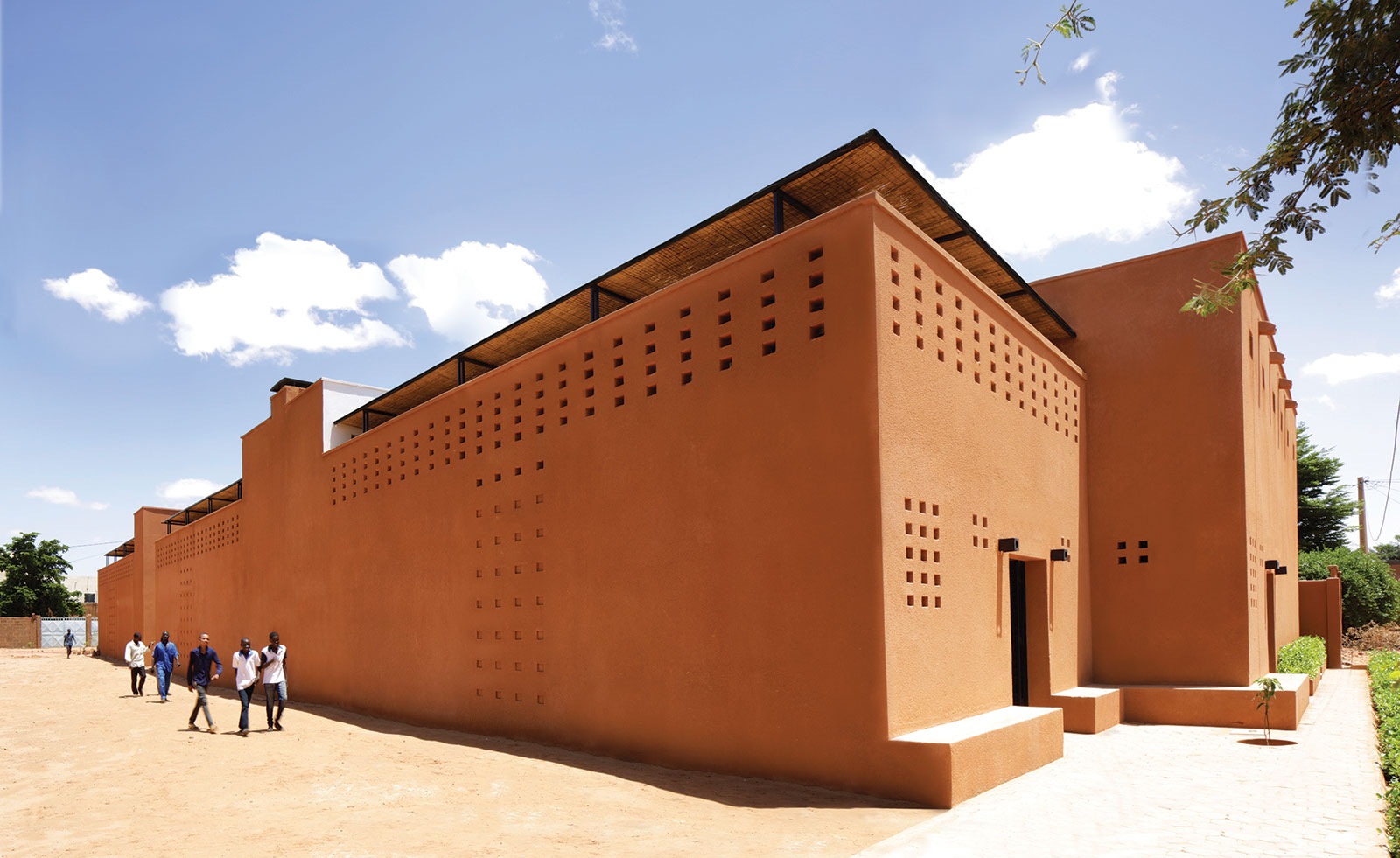
Nigerien Mariam Kamara may have set up her practice, Atelier Masomi, in her West African home country just five years ago (following a stint as a fully trained software developer), but she already comes hotly tipped for success. Not only was the young architect chosen for the Rolex mentor and protégé scheme in 2018 – and currently mentored by none other than Sir David Adjaye over the course of two years – but also Kamara was recently shortlisted for the prestigious 2019 Royal Academy Dorfman Architecture Prize, recognised globally as an emerging practice for her unique style and contribution to her local (and wider) architecture and social scene.
Kamara’s work spans public buildings – such as the Hikma Religious Secular Complex in Dandaji designed in collaboration with Studio Chahar, as well a local market complex – and private spaces. Niamey 2000, a housing scheme in her hometown (and the country’s capital) is among the latter. The boutique development consists of just six homes, arranged around a series of terraces and courtyards. Kamara designed the building alongside Yasaman Esmaili, Elizabeth Golden and Philip Straeter under united4design, a global collective of architects working on projects in the US, Afghanistan and Niger, of which Kamara is a founding member.
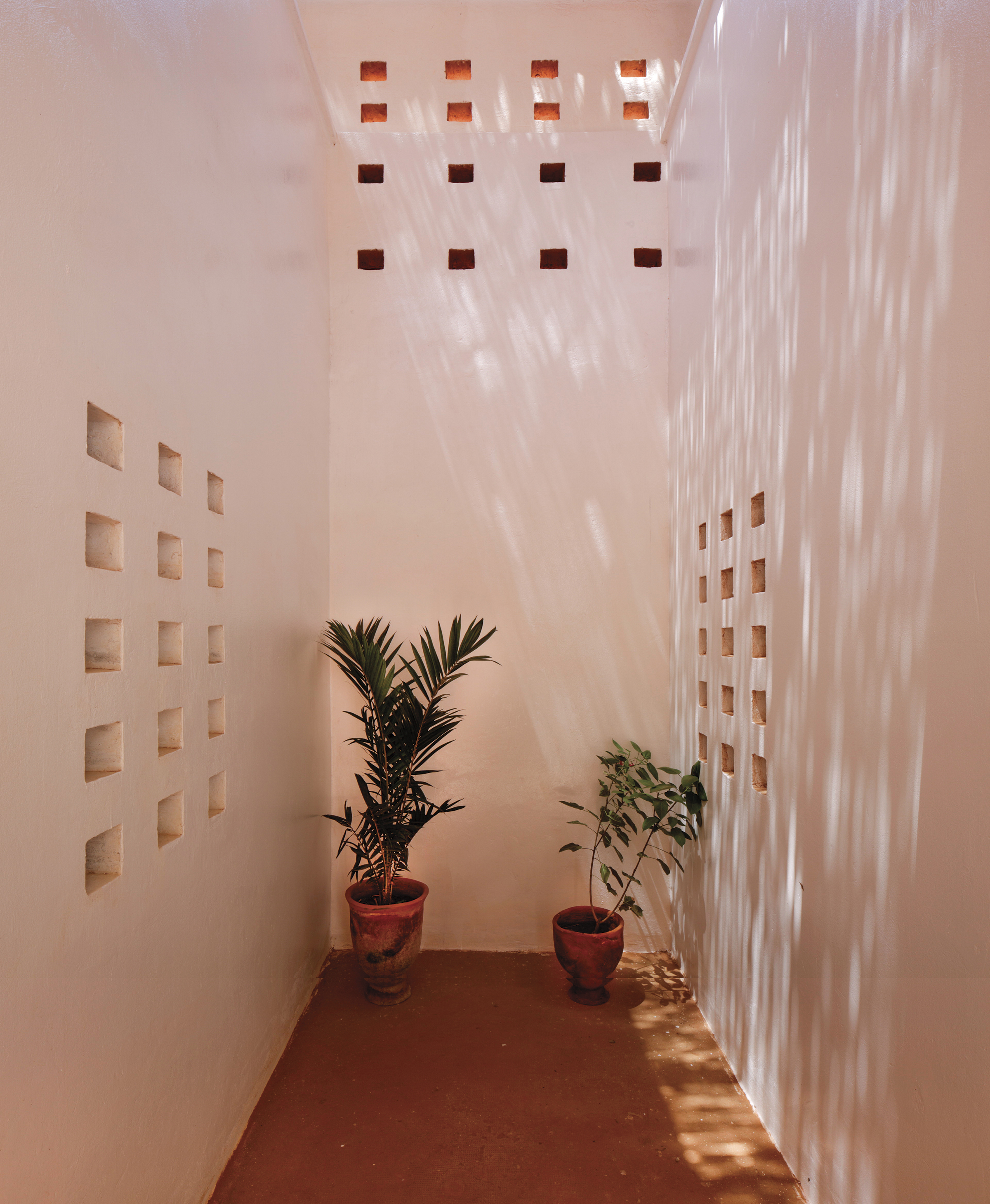
The project looks clean and sophisticated, but its concept goes way beyond looks. Niamey 2000 provides a model for dwelling as a response to the country’s rapid growth and consequent housing crisis. Aiming to decrease the distance between people’s homes and workspaces by increasing the housing density and building upwards – even by one storey – the project is an example of what (at least in part) the solution to this crisis could look like. At the same time, ‘[designing someone’s home] is always a profound privilege,’ Kamara says.
‘We combine local materials and skills to produce an architecture grounded in its context’
ATELIER MASOMI
The architect works with local materials and building methods, such as locally sourced, abundant earth and passive cooling techniques, highlighting and encouraging how modern architecture can make the most of lessons learned by tried and tested, local vernacular styles.
Kamara’s approach is intensely contextual, in the sense that her designs draw from – yet do not imitate – their surroundings. ‘Our work always tries to focus on the narrative of the place for which it is being designed,’ she explains. ‘Which means that we automatically look at the social, economic, and environmental context to inform our solutions. We incorporate local materials and local skills to produce an architecture that is grounded in its context.’
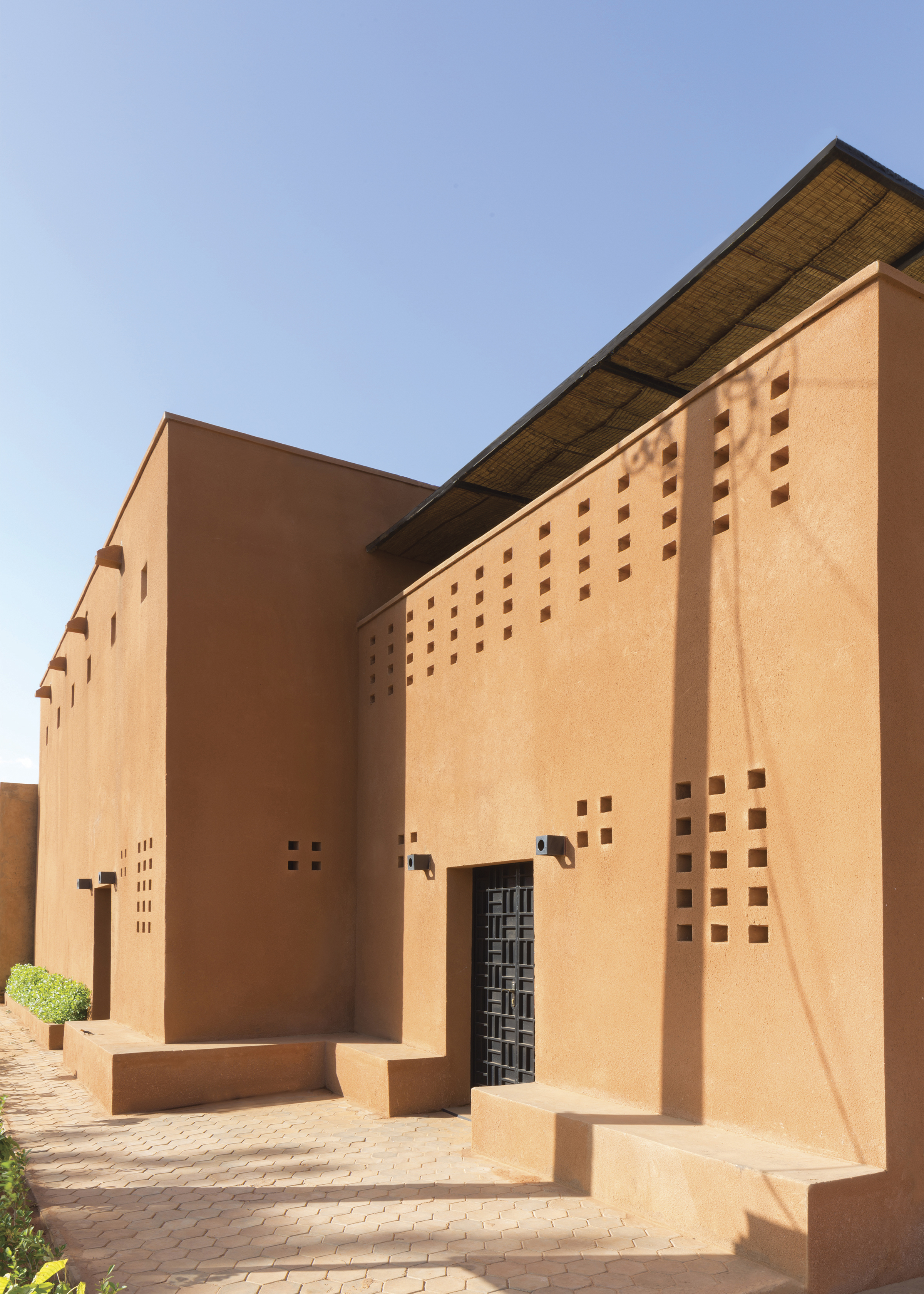
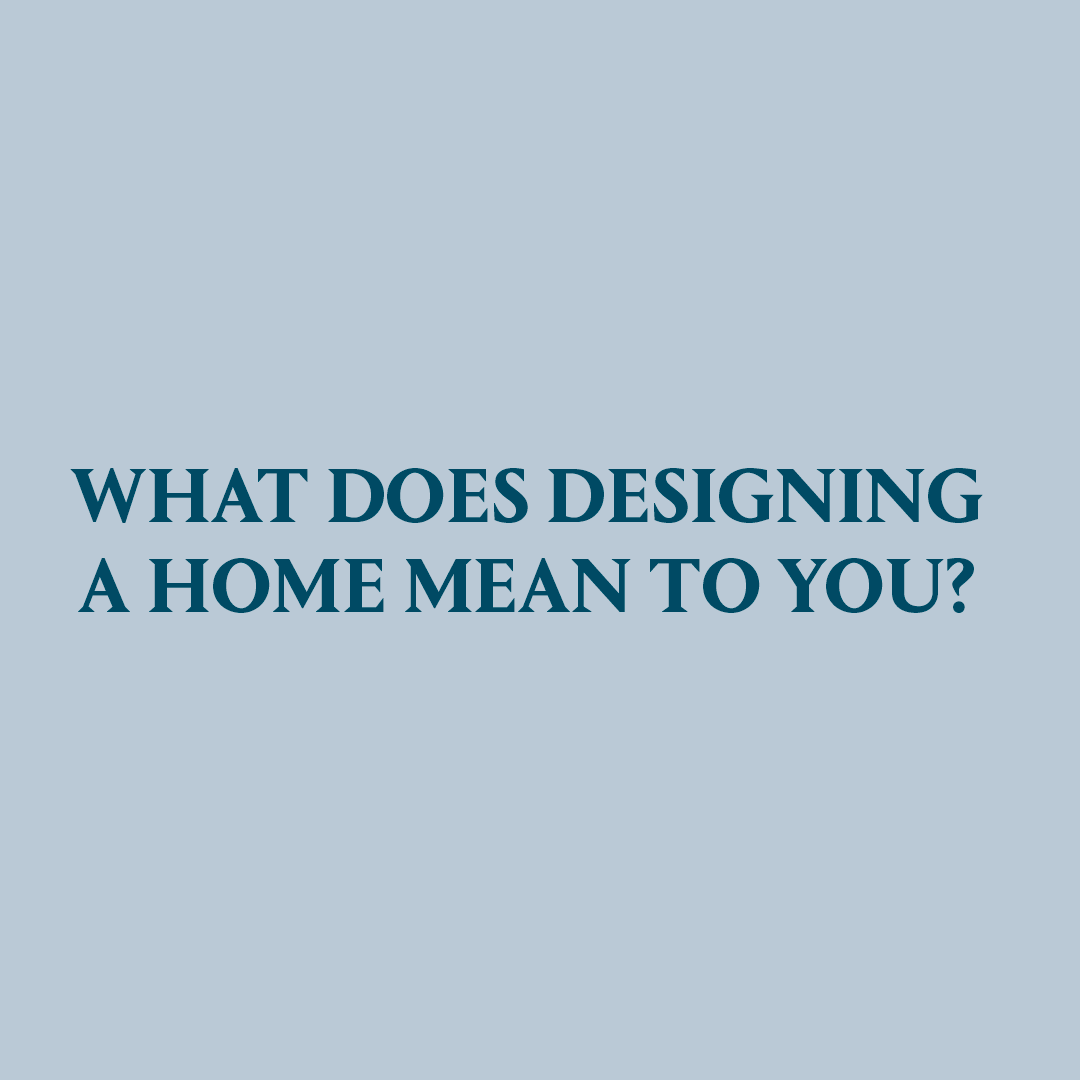
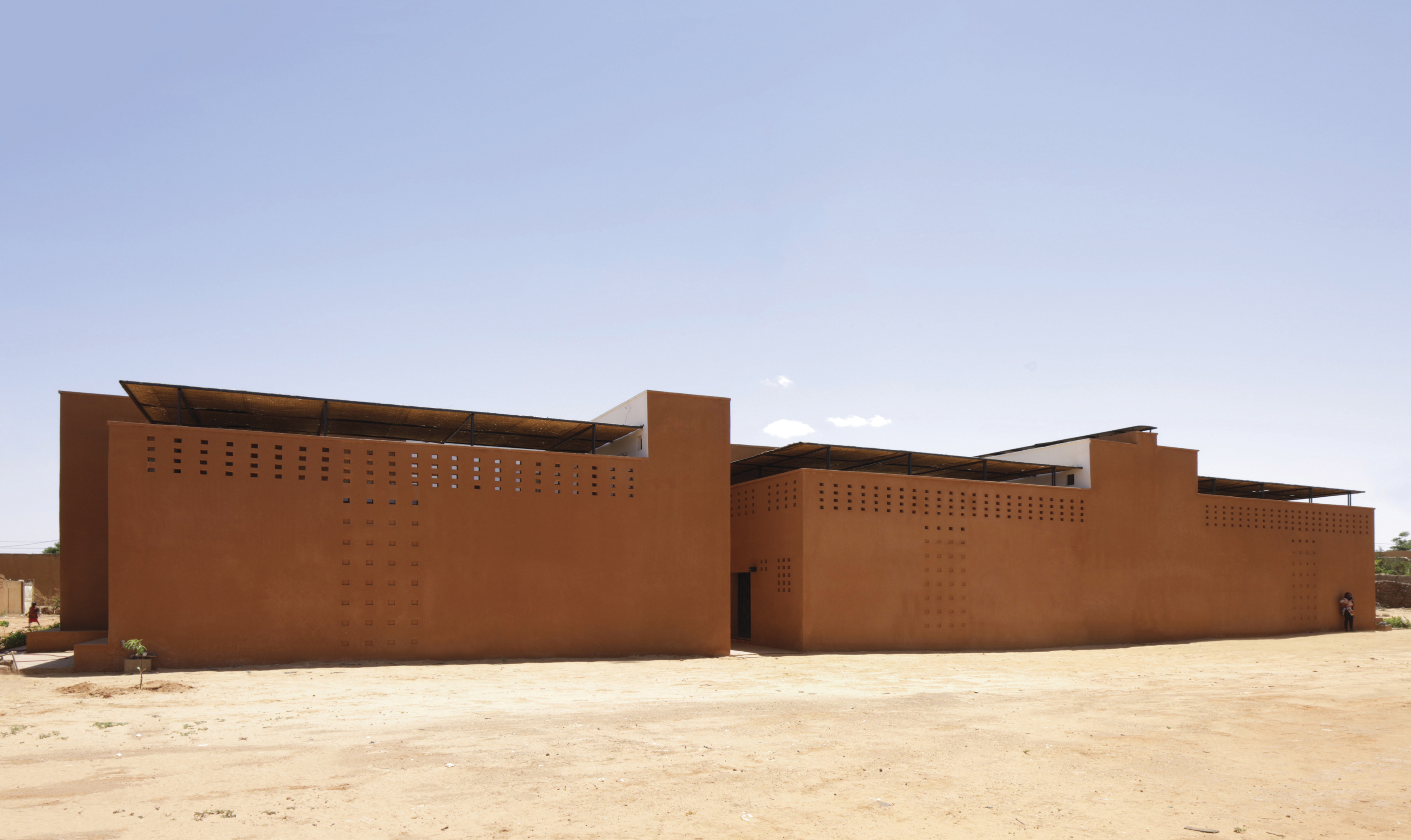
INFORMATION
WALLPAPER* ARCHITECTS’ DIRECTORY 2019
Receive our daily digest of inspiration, escapism and design stories from around the world direct to your inbox.
Ellie Stathaki is the Architecture & Environment Director at Wallpaper*. She trained as an architect at the Aristotle University of Thessaloniki in Greece and studied architectural history at the Bartlett in London. Now an established journalist, she has been a member of the Wallpaper* team since 2006, visiting buildings across the globe and interviewing leading architects such as Tadao Ando and Rem Koolhaas. Ellie has also taken part in judging panels, moderated events, curated shows and contributed in books, such as The Contemporary House (Thames & Hudson, 2018), Glenn Sestig Architecture Diary (2020) and House London (2022).
-
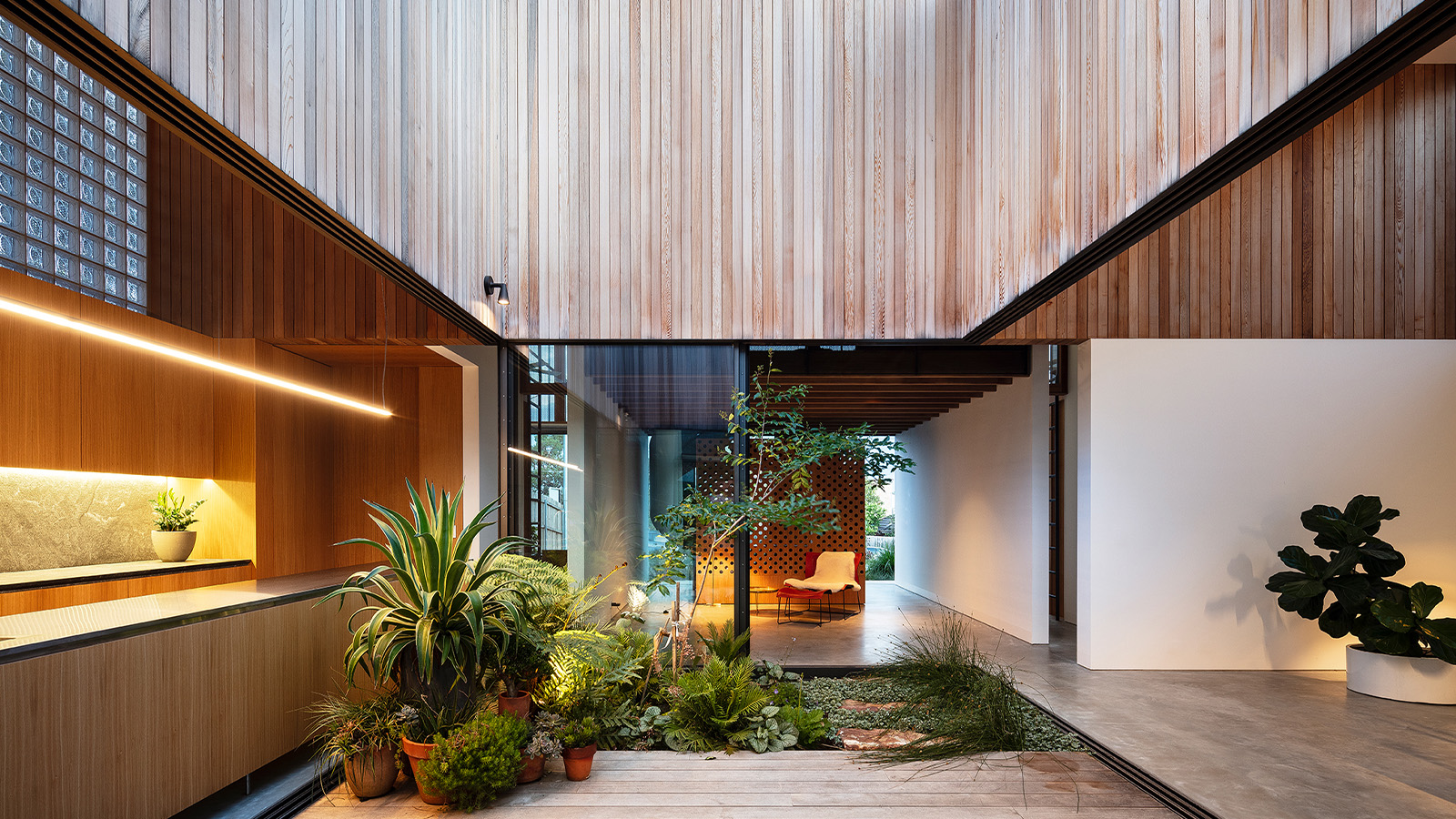 Tour these soothing courtyard homes around the world
Tour these soothing courtyard homes around the world‘Courtyard Homes’, a new book published by Phaidon, explores some of the most innovative interpretations of the genre, from Hawaii to south-east London
-
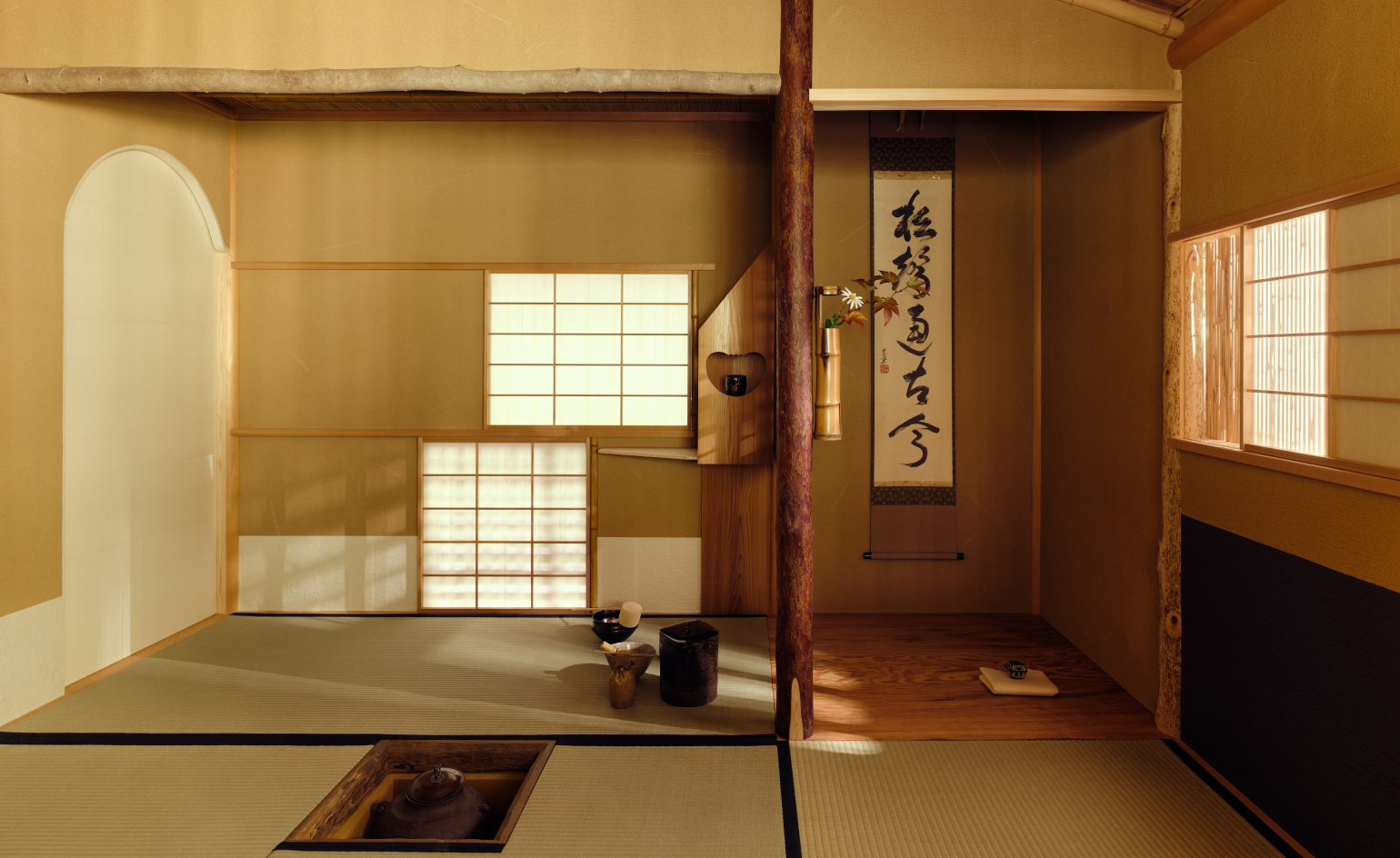 Discover Aman’s love letter to the Japanese tea house in Kyoto
Discover Aman’s love letter to the Japanese tea house in KyotoAman Kyoto unveils a sukiya-style tea room that is timeless and deeply serene, designed by Sen Art Studio
-
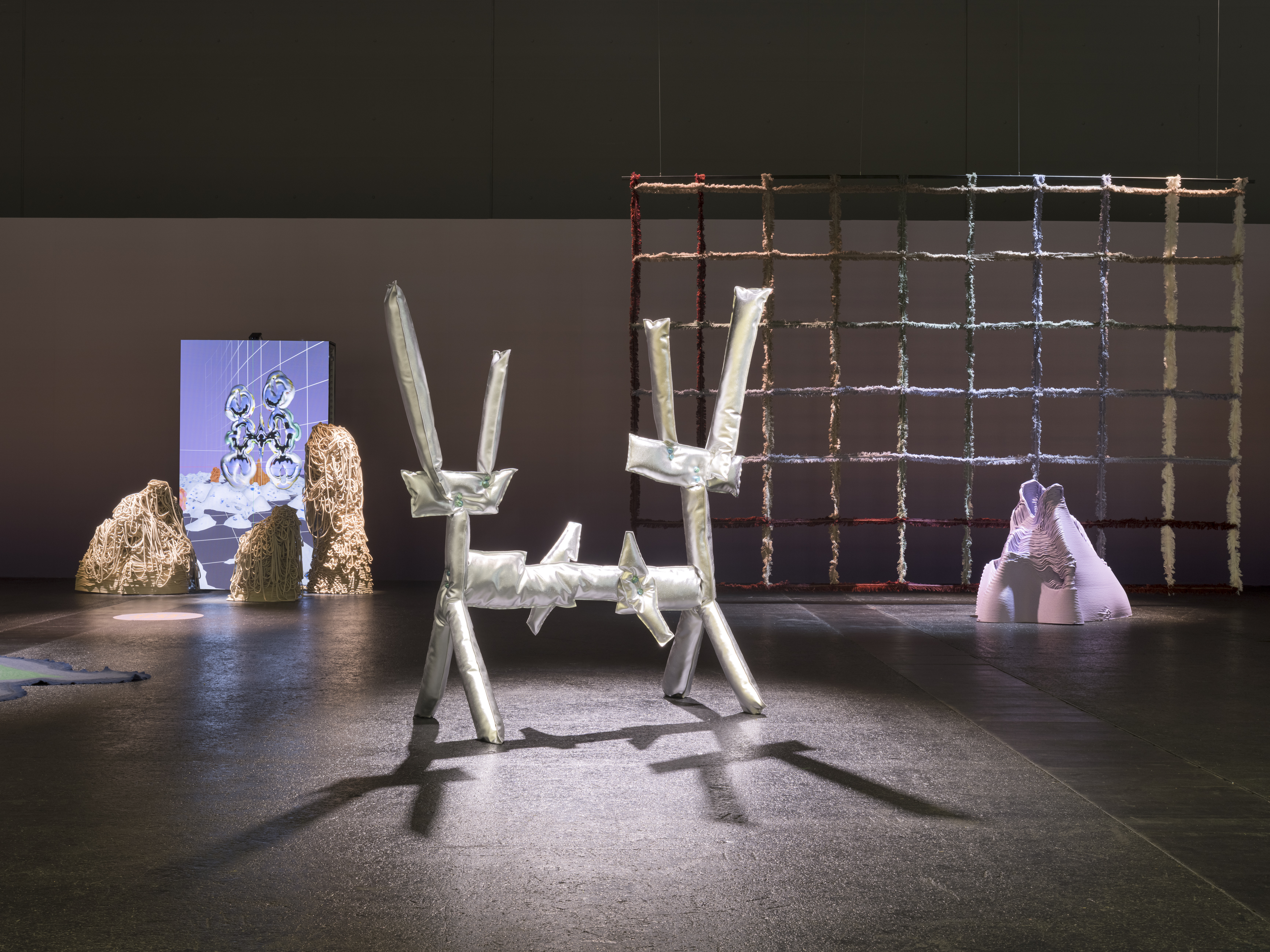 Patricia Urquiola’s textile adventures at Heimtextil: ‘Design is not about controlling form’
Patricia Urquiola’s textile adventures at Heimtextil: ‘Design is not about controlling form’Urquiola presents ‘Among-all’, a new installation at Frankfurt’s Heimtextil fair (until 16 January 2026) that explores new routes for textile experimentation in design